Bio-toilets & Swachh Bharat-All about Swachh Rail
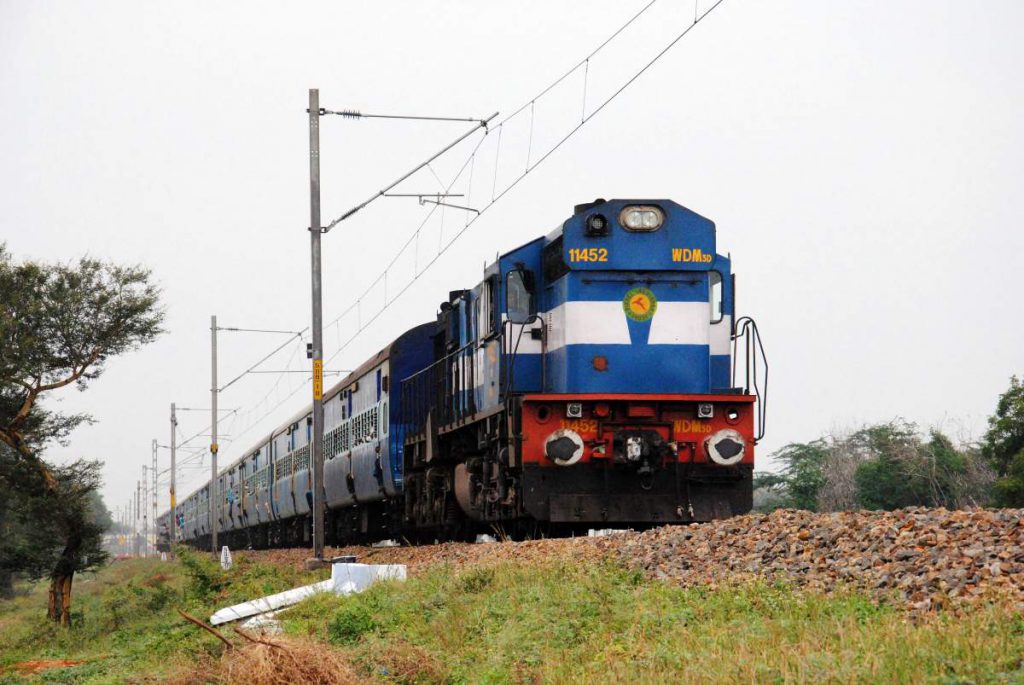
[responsivevoice_button voice=”US English Female” buttontext=”Read out this Theel for me”]
Indian railways are one of the largest transportation networks in the world, which is governed by a single body. It has been in existence since 1853 and is still a chief mode of transport for the people of India. The British who made optimal development of railways weren’t actually concerned about the people as there were no toilet provisions in the initial years. Later in 1909, a complaint was lodged by Babu Okhil Chandra Sen to the Transportation Superintendent, Sahibganj. After this, toilets were introduced by the railway authorities. Today, it is a rule that the trains running more than 150 kilometers have to provide toilets in all compartments.
The current “Hopper Toilet” system has certain limitations. Some of the most common limitations are:
- Health issues
- Environmental issues
- Manual scavenging
- Wastage of water
- Violation of rules and regulations. (Environmental Protection Act,1986, Hazardous Wastes Rules, 1989.)
Possible alternatives that are developed so far in order to solve the above problems are:
- Chemical retention tanks
- Composting Toilet
- Bio toilets
- Bio-Vacuum Toilets.
In order to continue providing clean and eco-friendly travel and fulfilling commitment towards the “Swachh Rail, Swachh Bharat” campaign, the East Coast Railway (ECoR) has successfully completed the installation of bio-toilets in trains in all 3,247 coaches. These bio-toilets convert human waste into biogases and water with the help of anaerobic bacteria along with a Venturi system invented by ECoR for better ventilation of fresh air.
However, Indian Railways’ zone is the first to install bio-toilets in all passenger trains originating from three divisions of the zone, namely – Bhopal, Jabalpur, and Kota, under the Swachh Rail, Swach Bharat campaign. In October 2019, it was reported that Indian Railways has successfully completed the installation of bio-toilets in 95% trains. The South Eastern Central Railway(SECR) has installed 1,400 bio-toilets in 375 coaches in 13 trains in the Raipur Railway Division. These are the steps taken by the railways to ensure a clean and safe environment.
But what exactly is a bio-toilet? How does it help to solve environmental issues like pollution, wastage of water? What are the positive impacts? What are the negative impacts? How will it solve one of the biggest issues of manual scavenging? I would like to focus on all these topics in this article.
Bio-toilets have a different mechanism compared to traditional toilets. It is a decomposition mechanized toilet system that decomposes the human waste in a digester tank using high graded bacteria(aerobic or anaerobic), converting it into methane gas, water, and carbon dioxide. The exact chemical composition is 55% methane and 45% carbon dioxide. They have an inlet for human waste and an outlet for methane. The anaerobic bacteria has been adapted to work in as low temperatures as -5℃ and as high temperatures as 50℃ that convert the organic human waste into water, carbon dioxide, and methane gas. The bio-toilet concept is given by the DRDO.
After the completion of the process, the water left can be recycled and can be again used in the toilets. This ensures less wastage of water. Traditional toilets spent 10 -15 liters of water in one flush. But bio-toilets require just half a liter of water, which is significantly less as compared to traditional toilets, thus, increasing efficiency and profitability. The waste can be used as manure by the farmers which will indirectly lead to an increase in the income of farmers. It is also evident that the PM has referred to double farmer’s income by the year 2022. Bio-toilets can thus help indirectly in increasing the income of farmers. Earlier, the waste was directly causing damage to metal tracks as well as pollution in the environment, but due to bio-toilets, this problem can be solved effectively. India’s stations will be cleaner than before, which will indirectly support the “Swachh Bharat Abhiyan” campaign in India.
Manual Scavenging is one of the biggest issues in India, prevalent in the states of Maharashtra, Madhya Pradesh, Rajasthan, Gujarat, and Uttar Pradesh. It is regarded as a dehumanizing and caste-based practice wherein the sanitation workers referred to as manual scavengers use hand-held tools such as buckets, brooms, and shovels to dispose of the human waste. It is considered to be unsafe as they rarely use any personal protective equipment. It was estimated in 2019 that between 40 to 60 percent of 6 million households of Dalit sub-castes are engaged in sanitation work. Bio-toilets can help to solve the critical issue of manual scavenging to a greater extent.
The health-related issues due to manual scavenging will decrease. The environmental cleanliness will be ensured, and pollution would decrease to a great extent.
However, this is just a positive side of Bio-toilets. The problem with Bio-toilets is that it releases methane gas, which is a combustible gas. If the gas generated is not directed properly, it may cause asphyxiation of passengers or, at the worst, may cause a fire. So, in order to avoid this, engineering experts and researchers should remodel the toilets being installed in railways. Bio-toilets can also get easily choked through indiscriminate disposal of physical waste like sanitary napkins, cigarette buds, gutka pouches, plastic covers, and liquor bottles. This leads to clogging as well as can affect other traveling passengers. Due to the passengers’ misbehavior, the workers who attempt to remove them can get badly affected. Hence it is very important to consider public awareness to spread messages on the proper usage of bio-toilets. Furthermore, the do’s and don’ts stickers are displayed in coaches to educate the passengers.
The “Swachh Rail, Swachh Bharat” campaign will be successful only if each individual co-operates with the Government. There are basic guidelines that we fail to follow while using public transportation. The workers face the consequences of the ignorance of passengers. It is the responsibility of every human being to participate in Swachh Bharat Abhiyan by taking small steps. Bio-toilets are among the few ideas that can help to solve the environmental, health, water, manual scavengers, and farming-related issues effectively.
Featured Image Credits: Wikimedia


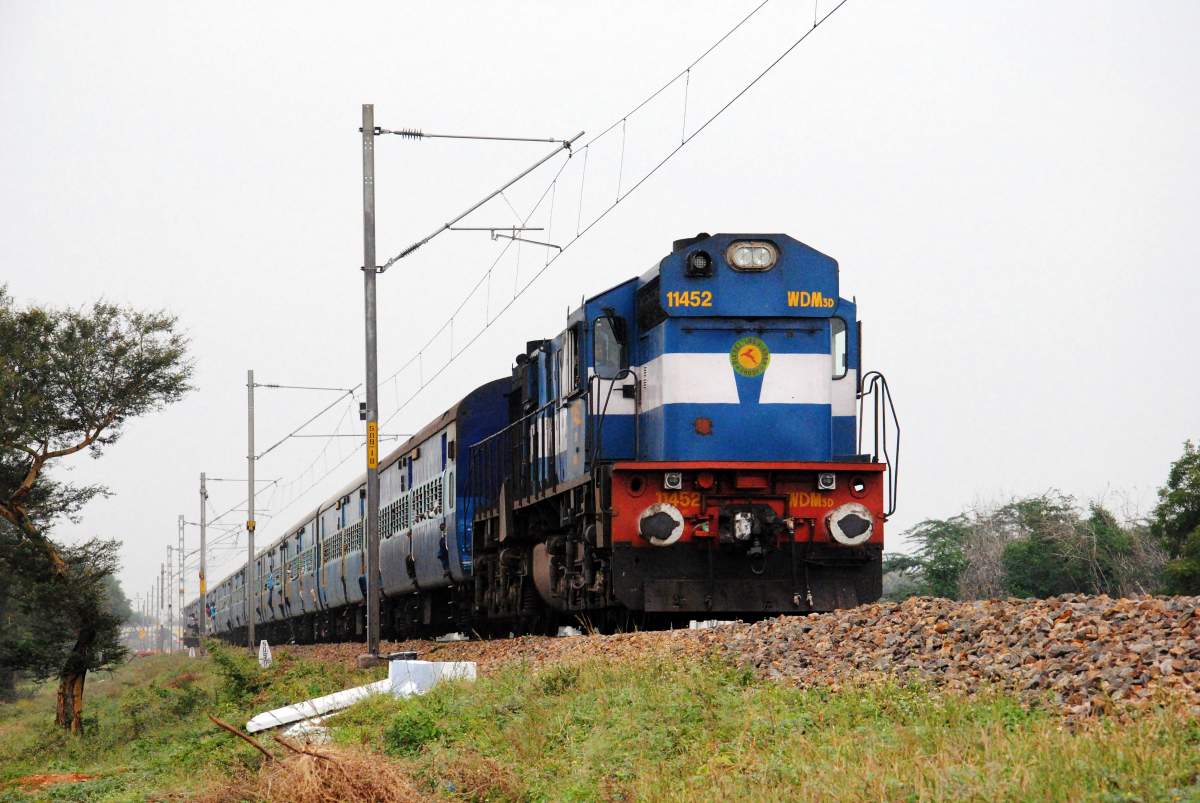
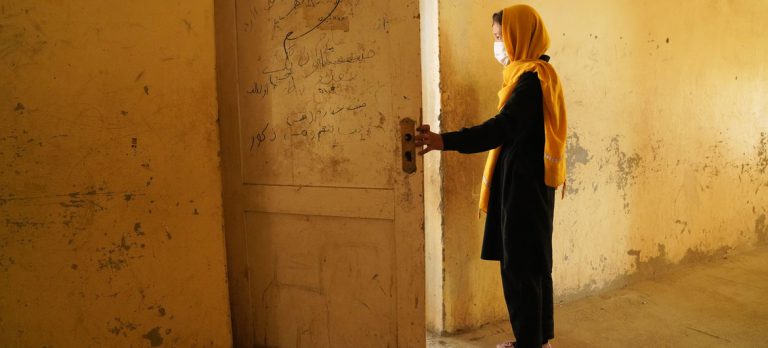
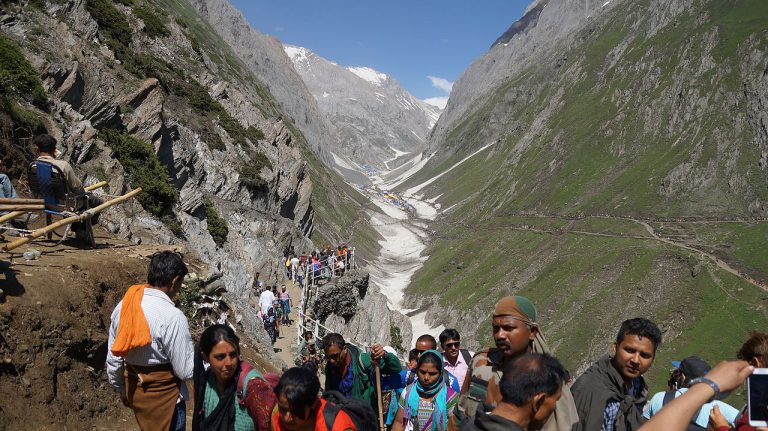
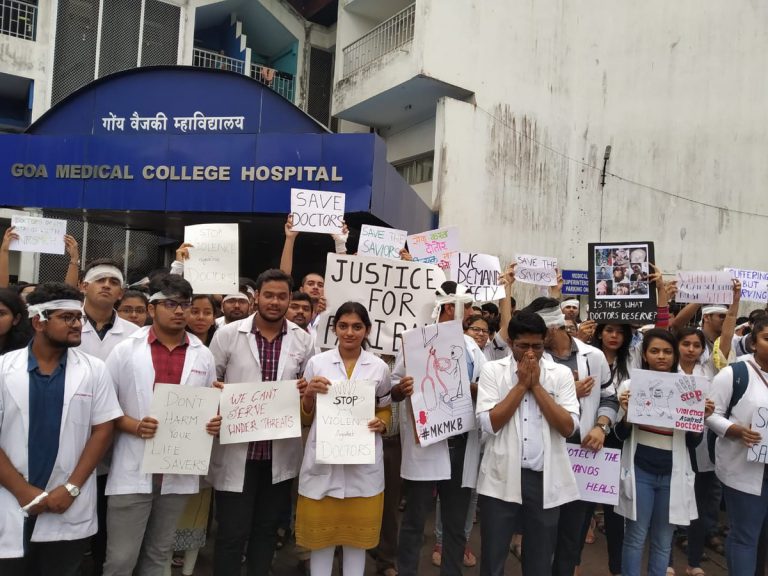
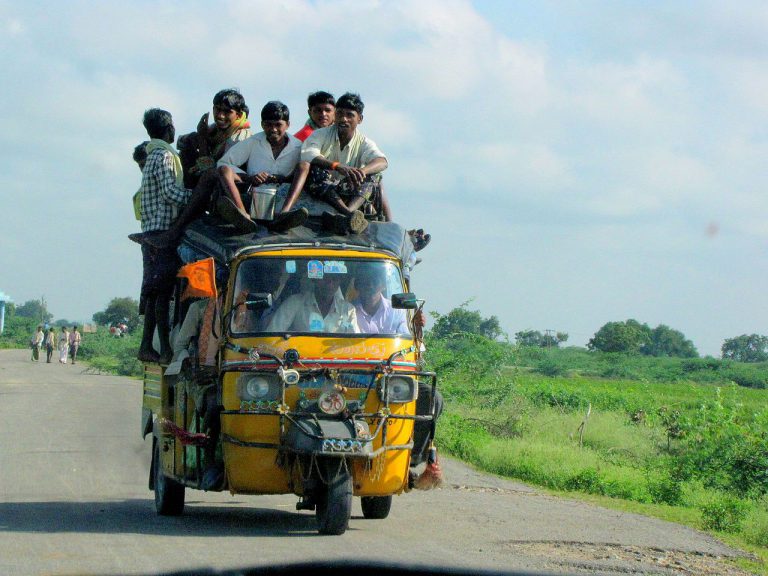
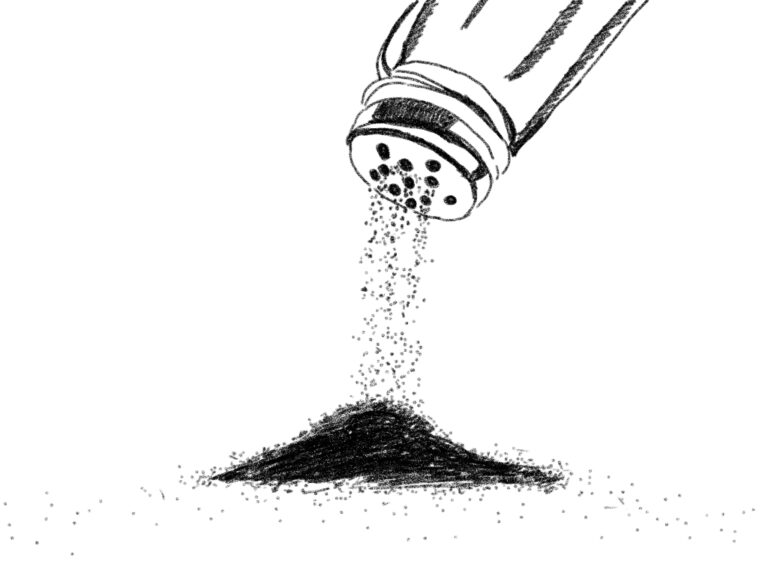

Best of luck
And good hobbies
Thank you so much.
Keep reading 🙂
Best of luck in future
And good hobbies
Thanks a lot.
Keep reading 🙂